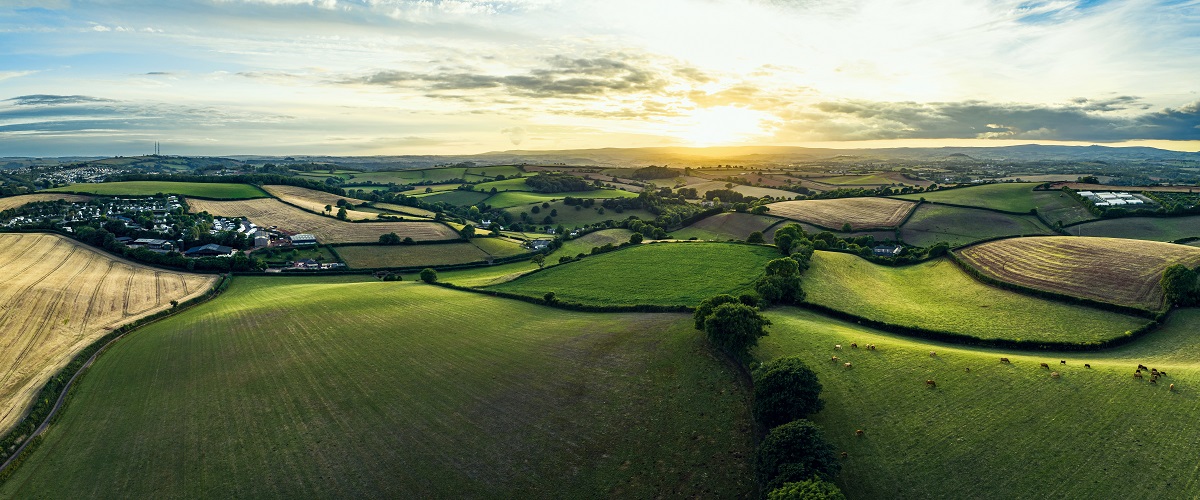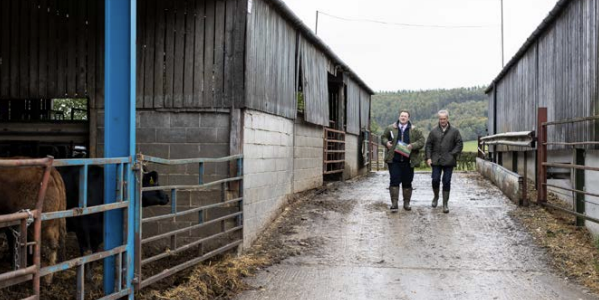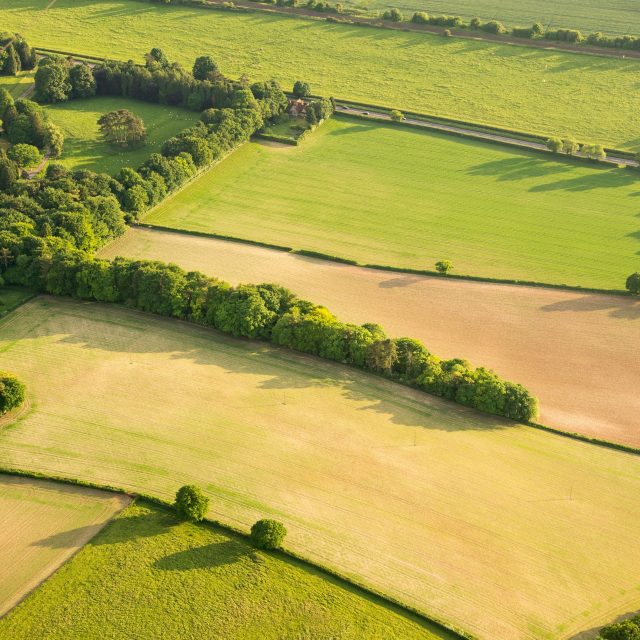Why land managers must shout about social value
As part of the latest issue of Land Business magazine, Strutt & Parker invited CLA president Victoria Vyvyan to share her thoughts on the importance of quantifying social value
Owners of land, property and rural businesses will naturally have an understanding of their operations, but have we considered the true social value of what we do? Providing affordable rental homes, permissive access, hosting local community events, maintaining heritage assets, supporting social prescribing, care farming; all of this contributes considerable value to our wider communities.
In the run up to the general election, it is more important than ever that we have strong evidence to demonstrate how land managers help the people who live and work in rural communities. The value this provides is rarely accounted for, or even properly acknowledged.

We know landowners are generating tangible social impacts, but need more data than is currently available to demonstrate that value to political parties of all colours, as well as to the wider public.
To this end, the CLA has been surveying its membership across England and Wales, working with the Countryside and Community Research Institute (CCRI) based at the University of Gloucestershire.
Our research project aims to determine the monetary value of activities which benefit the community, and robustly calculate cost savings to the state.
The project has been collecting data from farms and estates who may have installed infrastructure for broadband or renewable energy on their property; provided affordable housing; or supported community activities and events. They may have provided voluntary access to their land, or offered opportunities for volunteering, employment, apprenticeships and education. From providing space for a village fete to hosting school visits, these actions make a significant contribution to supporting vibrant and sustainable rural communities.
In the run-up to the election, we expect many candidates will not know what landowners do for their communities, while some may harbour antiquated prejudices.
It is vital that, as an industry, we impress on all politicians the social, economic and environmental benefits we provide, often completely voluntarily and at a cost borne by the individual or business.
There are some terrific examples of projects making a difference and acts of generosity across the country. One farmer was so touched by the care his mother received in a local hospice that he gifted it five acres of land to help it expand its services and build a new, bigger facility.
A small farm in Kent has given an animal rescue charity several fields to use, rent-free, after it lost its previous home. But we also need to assess the everyday contributions that we make. For example, thousands of miles of permissive access are offered by land managers to help the public connect with greater areas of the countryside.
As the country faced unprecedented challenges during the Covid-19 pandemic, landowners stepped up and played a vital role supporting communities throughout lockdown. They delivered food parcels and medication, set up hubs and foodbanks, distributed old gadgets to help keep those in isolation connected, and much more.
In return, the countryside needs support. The CLA’s Rural Powerhouse campaign highlights how, as a result of apathy from government, the rural economy is 19% less productive than the national average. By closing this productivity gap, we could add £43bn to the national GDP.
As the new president of the CLA, I am proud that the social value generated by landowners and managers is integral to the fabric of rural communities.
We can, and do, to an extent, help ourselves. As a sector we need to do more to shout about the impressive contribution of land and property owners, and work harder at embedding the concept of social value in rural land management.
Download the Autumn/Winter 2023 edition of Land Business magazine.






